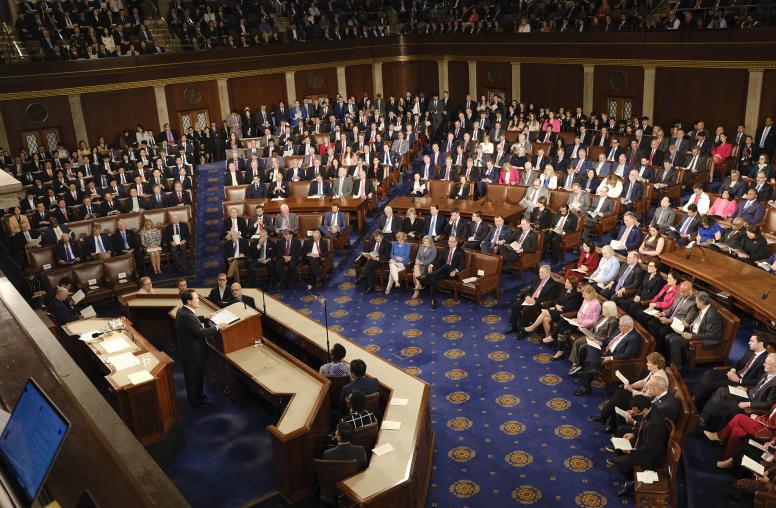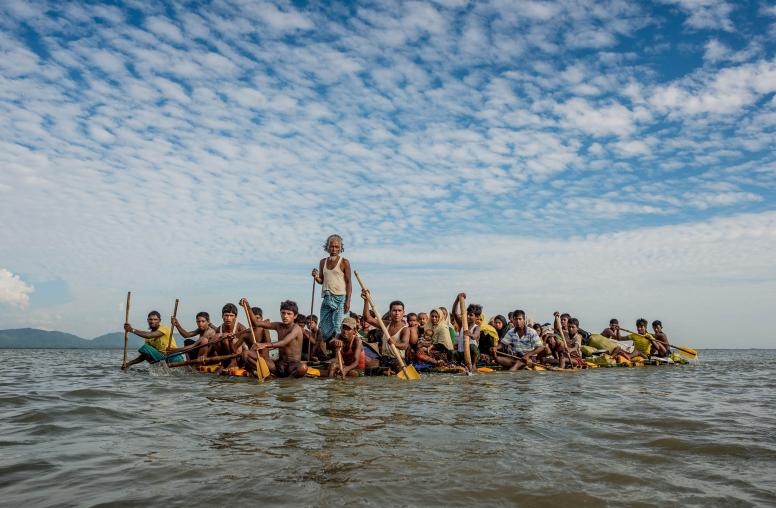Examining Regional Security in the Pacific Islands
In the past year, the United States has paid far more attention to the Pacific Islands, including by rolling out its first-ever strategy for the region in September 2022. But the United States hasn’t been the only outside power to renew its interest in the region and its security. The Pacific Islands have received increased attention from a wide array of potential and established partners. Amid this shifting regional environment, many Pacific Island countries have started to reassess their own views on security issues — and how they choose to navigate this uptick in international engagement will have a major impact on the regional security landscape going forward.
On September 27, USIP hosted a conversation with regional experts on how Pacific Island countries view the increased engagement of the United States and other outside powers, what challenges the region is facing, and the implications for the Pacific Islands’ international partners.
Speakers
Dr. Gordon Peake, moderator
Senior Advisor, Pacific Islands, U.S. Institute of Peace
Dr. Kenneth Kuper
Assistant Professor of Political Science, CHamoru and Micronesian Studies, University of Guam
Teekoa Iuta
Former Kiribati Ambassador to Taiwan
Maureen Penjueli
Coordinator, Pacific Network on Globalization
Dr. Tarcisius Kabutaulaka
Associate Professor, Center for Pacific Islands Studies, University of Hawai‘i



